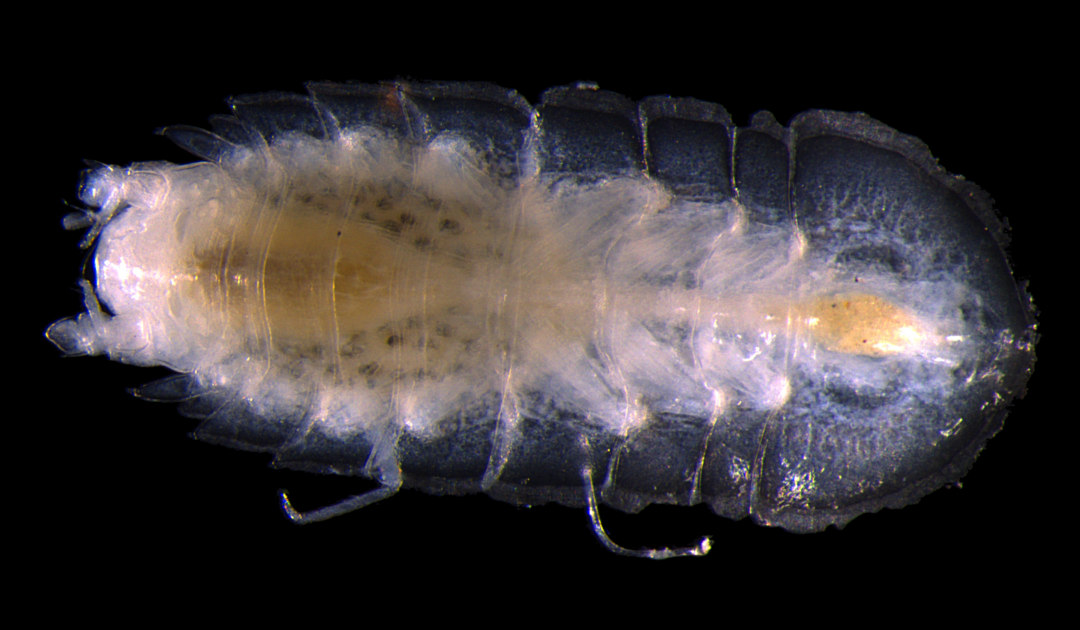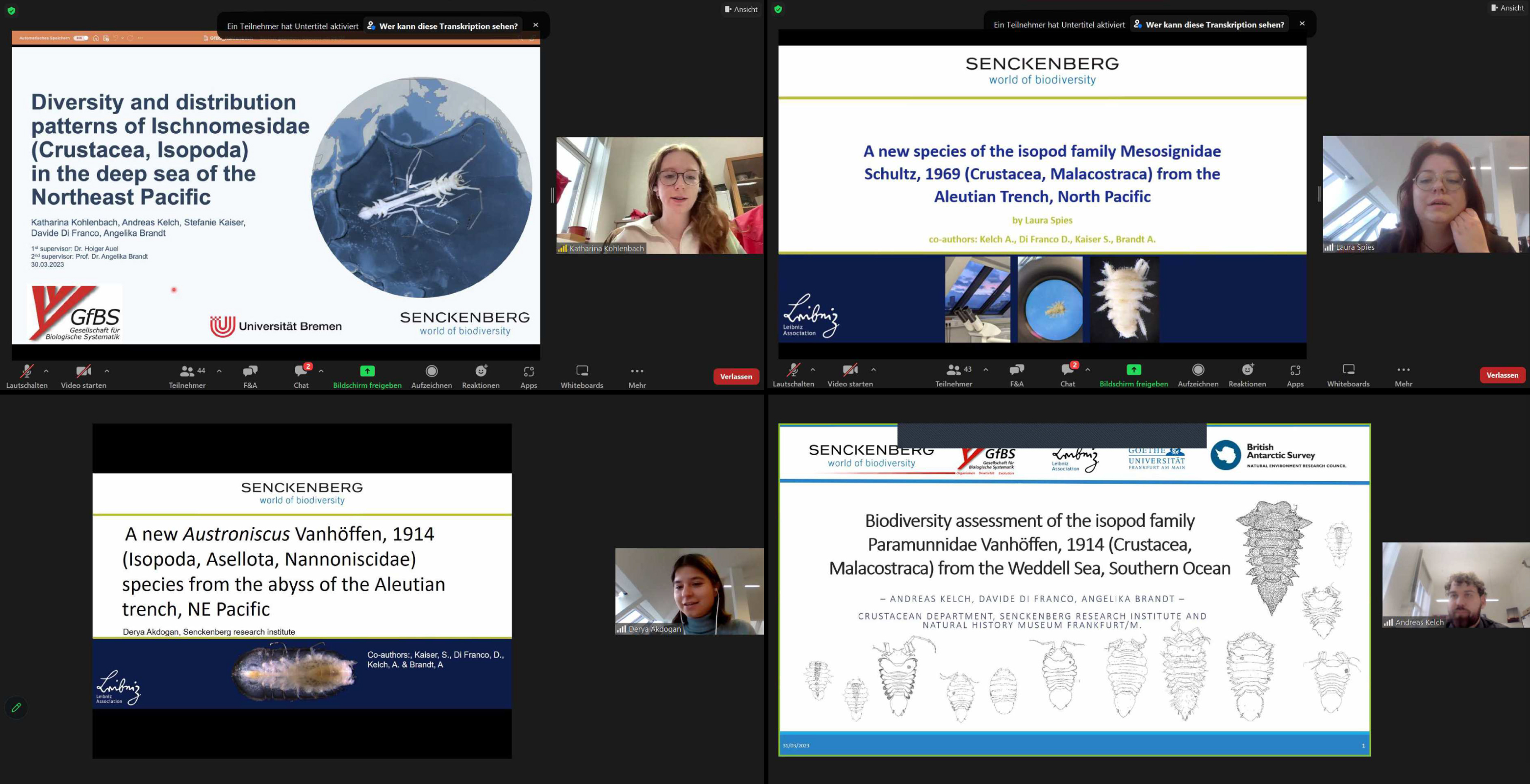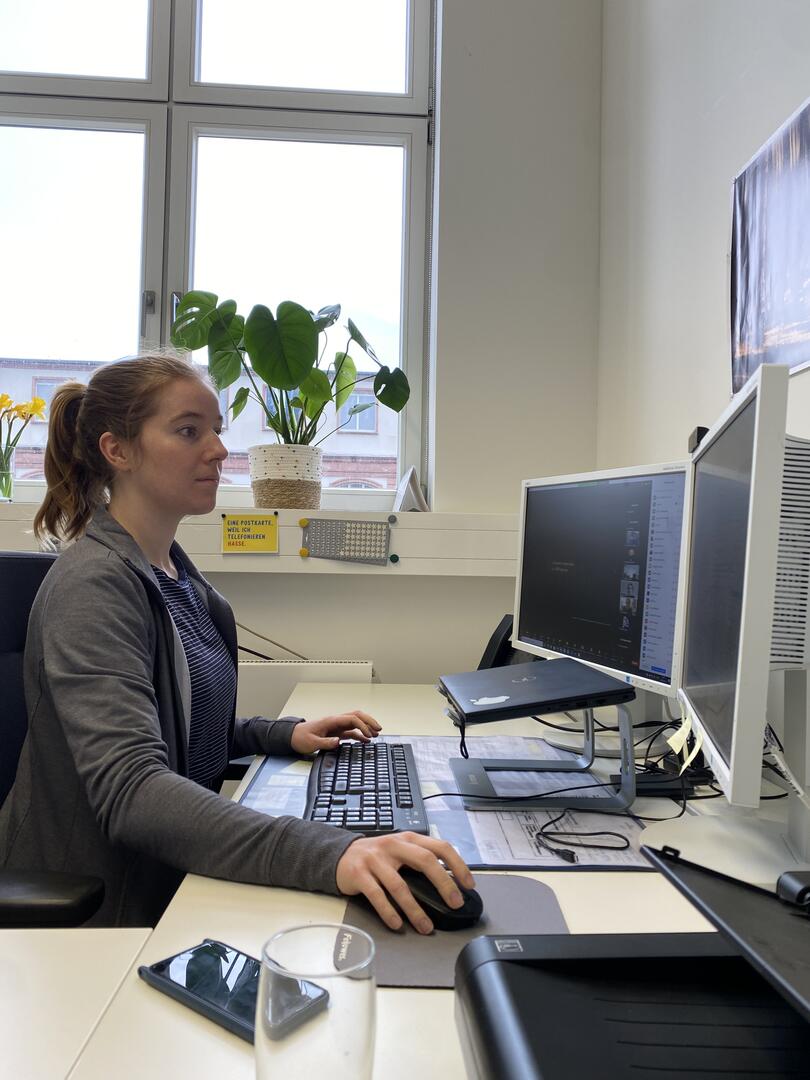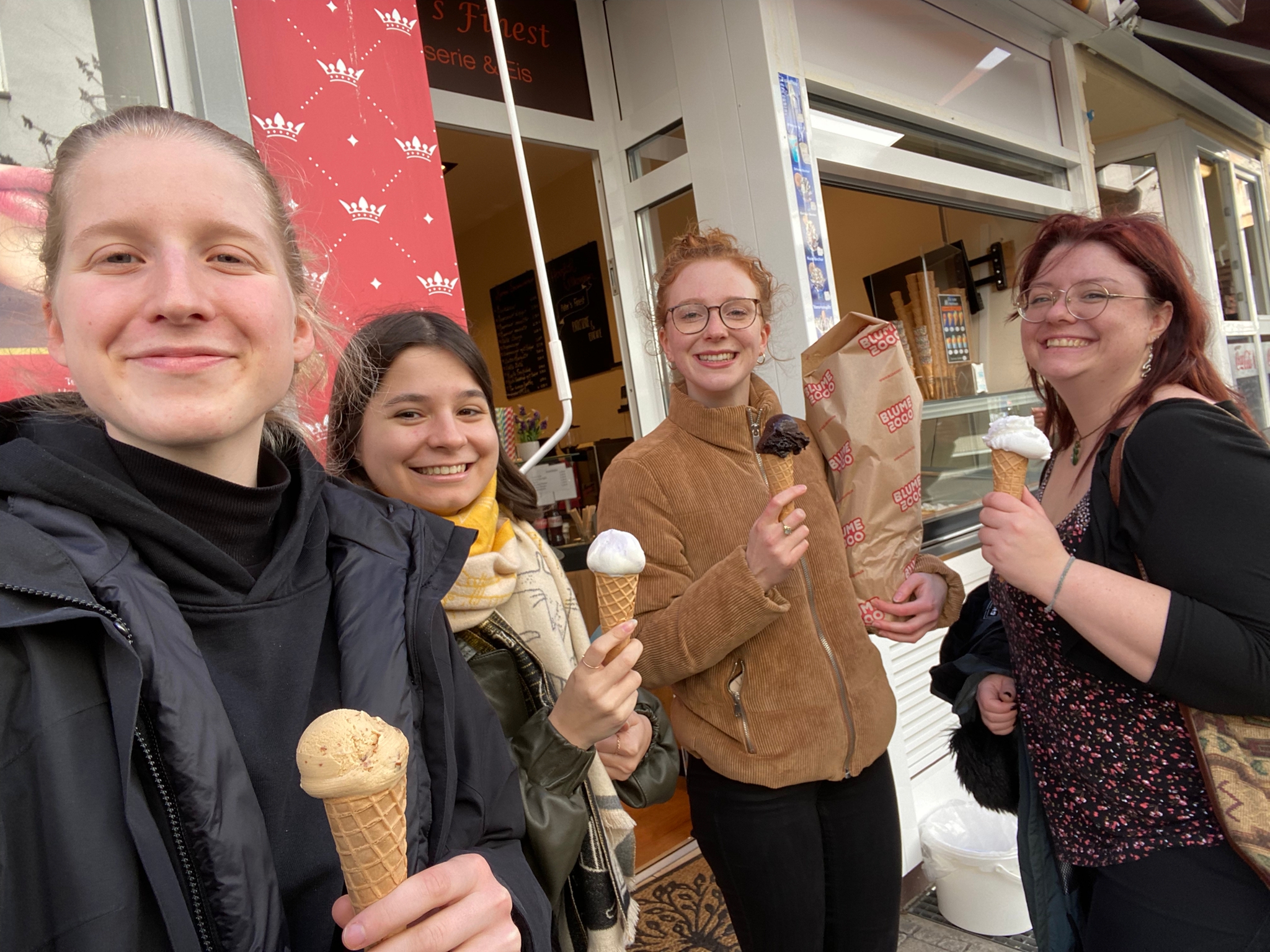AleutBio goes GfBS
Dear Readers (and today special greetings Mrs Kelch, Mrs Knauber, Mrs Kohlenbach, Mrs Akdogan, and Mrs Schienbein)!
Sometimes scientists are accused to be locked away in ivory towers. When our project started, we really wanted to do something about it, and one way was to let you participate in our (work) life via this blog. The last weeks though we were working full steam, drawing specimens, calculating and analyzing a lot of data, preparing talks, and were, to put it mildly, quite unsocial.
The reason for this has only four letters – G-f-B-S, or more complicated, the 24th Annual Conference of the Gesellschaft für Biologische Systematik (English: Society for Biological Systematics). Behind this unwieldy term stands the society of the science that aims to bring some order to biological life and their names. Because that’s what we do, naming species, understanding how species evolve, unravelling their closest relatives, and find out why they’re distributed the way they are.
We admit that, so far, we’ve pretty much limited our coverage to certain areas, the deep sea and particularly the Aleutian Trench and the Bering Sea, and yes, it’s not just about isopods (there are also some insects, worms, sponges, birds, and other vertebrates 😊 Having said this, our team and especially isopods were very strongly represented during the GfBS. Initially planned as an onsite meeting taking place at our institute at Senckenberg in Frankfurt, we unfortunately had to go online again for logistic reasons. Nonetheless, it was a packed meeting, with presentations on a wide range of topics and taxa, offering fascinating insights into the broad field of biological systematic research. During the week, Angelika and Derya made the start to report about AleutBio, the many, many samples we brought back and some cool new isopod species. Henry, Katharina and Laura followed, who were able to show how their species are distributed in the region and, above all, that there are many new (things/species) to discover. Vaguely related, isopods yes – AleutBio for a change no – Andreas and Kathi showed their results on isopod biodiversity in the Antarctic and a lone rider of the isopod family Acanthaspidiidae in the Mediterranean.
All in all (and we hope we could convince you) it has been a very busy few weeks, our heads spinning with the many things we took away from the conference week including new experiences (some made their first conference presentations), and we must say that we are now looking forward to reconnecting with friends, people and life and in general!
In that sense, Happy Easter holidays!
Steffi, Andreas, Katharina, Laura, Kathi, Derya, Henry, Davide & Angelika



